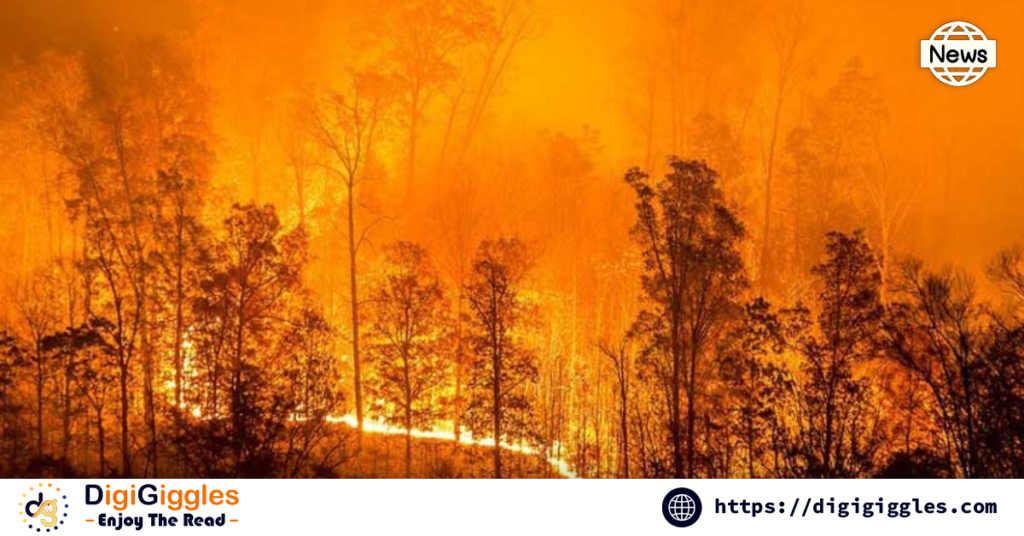
India is increasingly facing a dual crisis as climate-sensitive diseases and extreme heat exposure grow in response to climate change. Public health experts are sounding alarms over rising cases of diseases like malaria, dengue, and chikungunya—illnesses that thrive in warmer climates and humid conditions, now becoming more common across various regions in the country. With temperatures on the rise, authorities are left grappling with the dual challenges of safeguarding public health and reinforcing infrastructure against these climate-driven threats.
Heatwaves Intensify Across Indian States
India has already been no stranger to extreme weather, yet recent years have seen heatwaves reaching unprecedented levels. Across states like Rajasthan, Maharashtra, and Uttar Pradesh, daily temperatures regularly exceed comfortable thresholds, pushing many regions into an environment that is not just unbearable but also hazardous to health. According to a report from the Indian Meteorological Department (IMD), such high temperatures may soon become the norm, affecting both urban and rural areas. In 2023, India witnessed one of its hottest years on record, and projections indicate that average temperatures could continue to climb. As a result, the number of heatwave days in several regions could double by 2050, exposing millions to severe health risks. Vulnerable populations, particularly in densely populated urban areas, face a heightened risk, with the poorest and the elderly most at risk.
Surge in Climate-Sensitive Diseases
Warmer temperatures also mean an increase in climate-sensitive diseases transmitted by mosquitoes, such as malaria, dengue, and chikungunya. These illnesses, which rely on humid conditions and stagnant water for mosquito breeding, are spreading at a rapid pace, bringing new challenges to public health systems. A health official noted, “We’re seeing cases of dengue emerge in areas that were previously considered safe.” The change in temperature patterns, along with increased rainfall in certain regions, has created an ideal breeding ground for these disease vectors. Already, hospitals in several states are reporting a spike in these illnesses, burdening stretched resources.
Government and Health Experts Call for Urgent Action
To address these rising risks, health agencies are implementing various measures. Vaccination drives, awareness campaigns, and early-warning systems for heatwaves and disease outbreaks are being scaled up. The government has also initiated a climate action plan aimed at reducing emissions and reinforcing the health sector’s capacity to deal with climate-related challenges. Yet, experts argue that these efforts may not be enough without widespread community engagement and public adherence to safety protocols. Medical professionals are advocating for better public awareness about preventive measures, urging people to ensure mosquito-proofing of their homes and to stay hydrated during heatwaves. The government’s Ministry of Health and Family Welfare is also working closely with state authorities to deploy mobile health camps in rural areas, focusing on regions at higher risk for these diseases.
Looking Ahead: A National Call for Resilience
India’s battle against climate-induced health risks is intensifying, and the country must act swiftly to minimize the potential for large-scale outbreaks and fatalities. Experts emphasize the need for a sustainable response strategy, which includes infrastructural development, accessible healthcare, and greater focus on climate adaptation policies. As one health professional aptly put it, “The effects of climate change are here, and they demand a proactive approach.” Addressing the rising temperatures and controlling climate-sensitive diseases will require a united, nationwide effort. For India, this may be one of the most defining health and climate challenges in the coming decades.